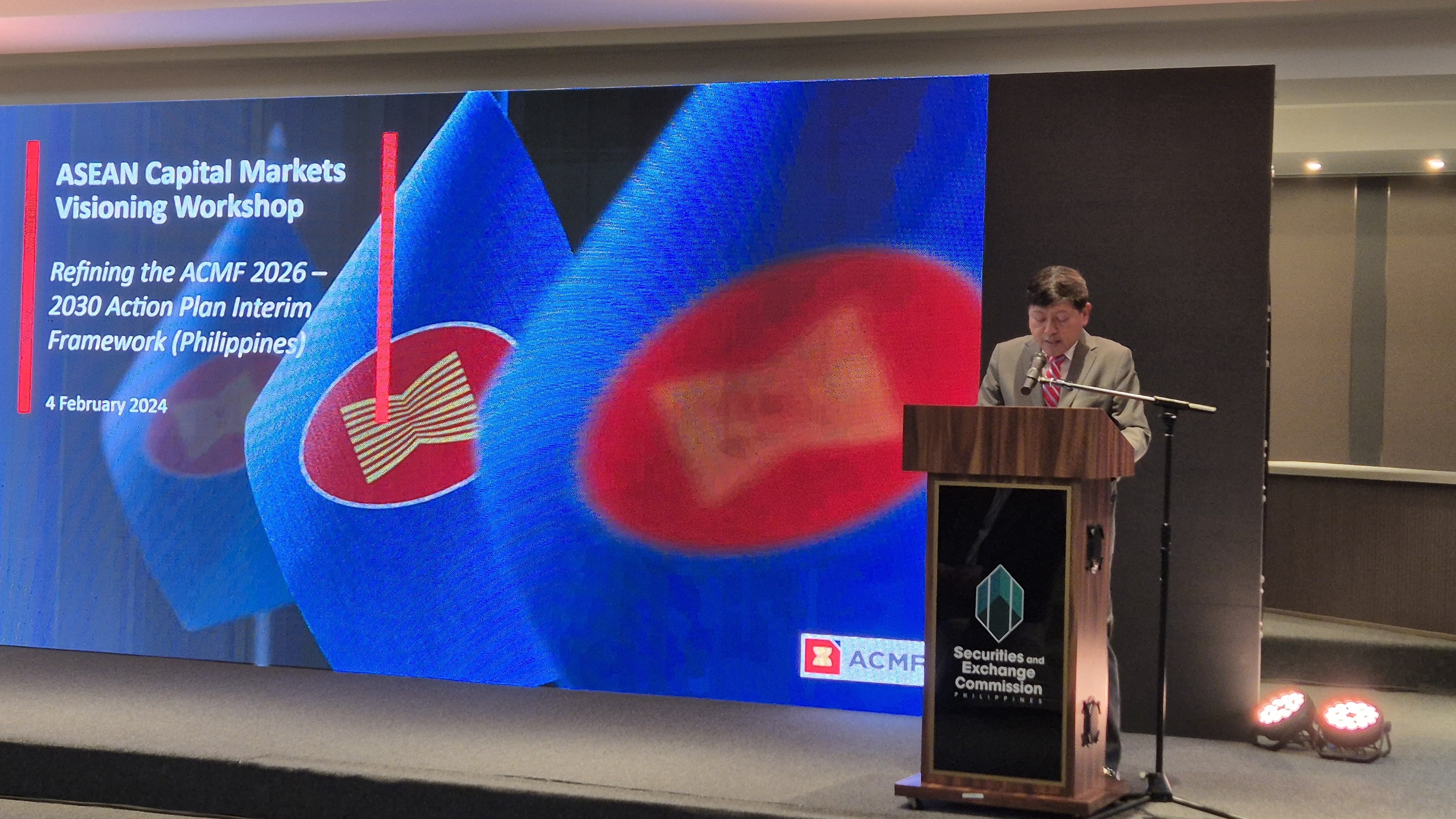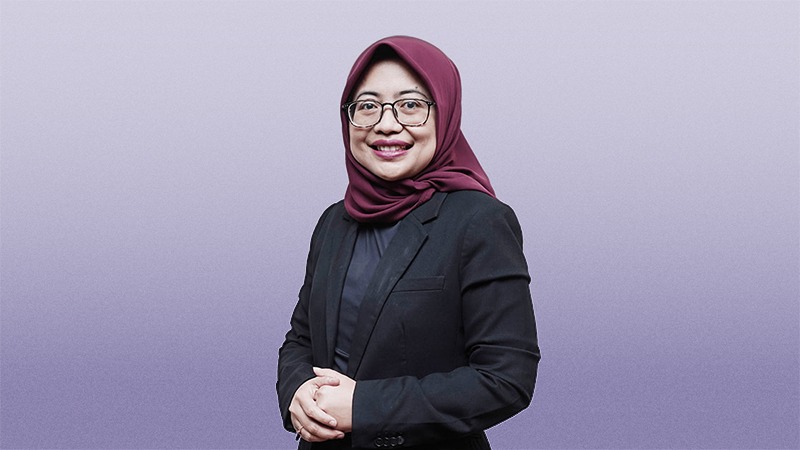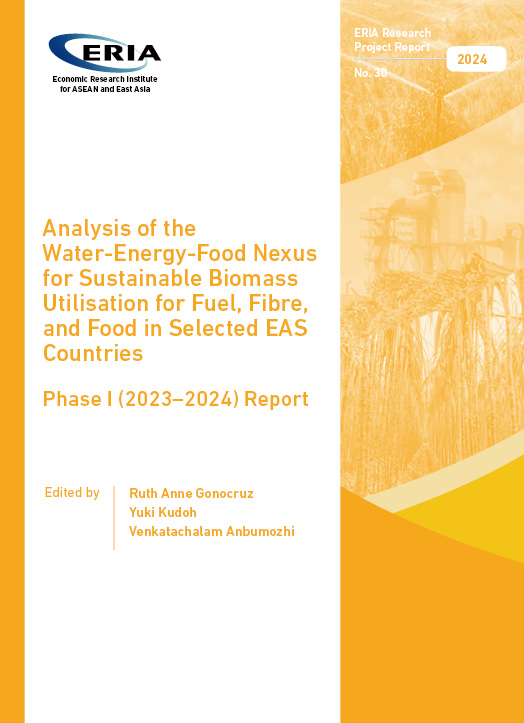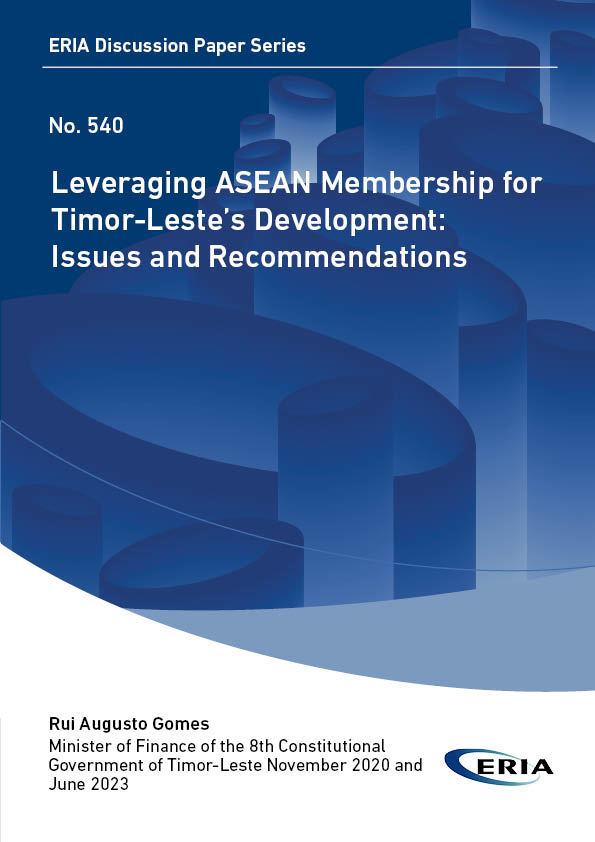Dr Osuke Komazawa Moderates Session on Barriers and Approaches to Promote Digital Inclusion at CAICT Conference
Date:
23 June 2021Category:
NewsShare Article:
Print Article:
Beijing, 23 June 2021: The China Academy for Information and Communications Technology (CAICT) held a conference ‘Digital Inclusion of Older People: Harnessing Digital Technologies to Promote Healthy Ageing in the Western Pacific Region’. The event was organised as a hybrid conference where local participants might join in person at a meeting room of CAICT in Beijing while international participants participated online. Dr Osuke Komazawa, Special Advisor to the President on Healthcare and Long-term Care Policy was invited to moderate a session focusing on Barriers and Approaches to Promote Digital Inclusion which was the second session at this conference.
This half-day conference consisted of four sessions: 1) Policy design for digital inclusion of older people, 2) Barriers and approaches to promote digital inclusion, 3) Lessons from the field, and 4) Call to action, apart from the opening and closing. The objective of this conference was to increase awareness of the need to build more accessible and affordable digital products and services to promote healthy ageing. Digital health transformation during the COVID-19 was also discussed.
Before moderating the second session, Dr Komazawa was invited to the first session as a discussant and talked about the potential adoption of information and communication technology (ICT) to healthcare systems, such as telehealth, support for decision making, integration of healthcare-related information, development of health-promotion programmes, and many more. He also shared his personal views on the Japanese government’s policies to promote the digital transformation of Japan’s healthcare system.
Moderated by Dr Komazawa, the second session invited four speakers: 1) Prof. Grace T. Cruz, Director of the University of the Philippines Population Institute; 2) Dr Lee Kheng Hock, Director of Community Engagement, SingHealth Community Hospitals, Singapore; 3) Prof. Naoki Kondo, Professor of Department of Social Epidemiology, Kyoto University; and 4) Henry Li, Expert Fellow of Tencent Social Research Centre. Dr Komazawa briefly explained the background and the objectives of this session, quoting the concept note developed by the organiser that the accelerated development of ICT had been increasing the risk of exacerbating inequalities to older people, particularly during the COVID-19 pandemic and this session would discuss how to overcome such digital divide.
The first speaker, Prof Cruz described how a wealthier, younger, and more educated population had more access to the Internet, referring to the result of the baseline survey of the Longitudinal Study on Ageing and Health in the Philippines (LSAHP), which was implemented in late 2018 to early 2019. LSAHP is sponsored by ERIA and conducted by the Demographic Research and Development Foundation. Prof Cruz concluded her presentation with the message that two approaches are required to promote digital inclusion among older people: 1) engagement of multi-stakeholders from the government to private businesses, NGOs, etc.; and 2) strengthening the appreciation and capacity of older people to access and use of ICT.
Dr Kheng Hock Lee provided a comprehensive view on the digital inclusion of older people, including the discussions on approaches to promote digital inclusion, social determinant of health, how to encompass digitally excluded older people, and the healthcare systems focusing on community hospitals. Dr Lee emphasised the role of the community approach so that older people can get access to ICT without forcing them to learn. Dr Lee also shared the idea of social prescribing, under which the programmes to raise awareness and to promote access to ICT should be calibrated to each older person following their ICT literacy.
Prof Kondo showed the result of the Japan Gerontology Evaluation Study (JAGES) 2016-2019 on digital divide of older people, which was consistent with the result of LSAHP in the Philippines. Moreover, the JAGES study suggested the people with internet access had less risk of health issues, such as depression, self-rated health, hypertension, and diabetes.
The last speaker, Dr Henry Li, started his presentation by mapping the internet user in China, showing that 46% of non-Internet-users were older people and 67% of non-users are in rural areas. He shared his idea that this was no longer caused by poverty but by lack of digital skills and literacy, and government support is important to reduce the digital divide of older people. Chinese government prioritizes three approaches: 1) empowering them in terms of digital literacy, 2) designing user-friendly ICT-based systems, and 3) taking effort to make nobody left behind. These approaches require close cooperation between the government and the business sector.
In conclusion, all panelists agreed that they were optimistic that communities would be able to overcome the barriers of digital inclusion among older people and to reduce the digital divide. Dr Komazawa concluded that all related stakeholders were encouraged to engage in the effort to overcome the barriers of digital inclusion to achieve digital-savvy societies without leaving anyone behind.
Following the third and fourth sessions, the organiser shared the take-away messages on the following six items: 1) benefits, 2) user-perspective, 3) supply side, 4) mechanism, 5) exploration, and 6) way to go, and this conference was closed with the video message delivered by Dr Gauden Galea, World Health Organization, Representative to China.








